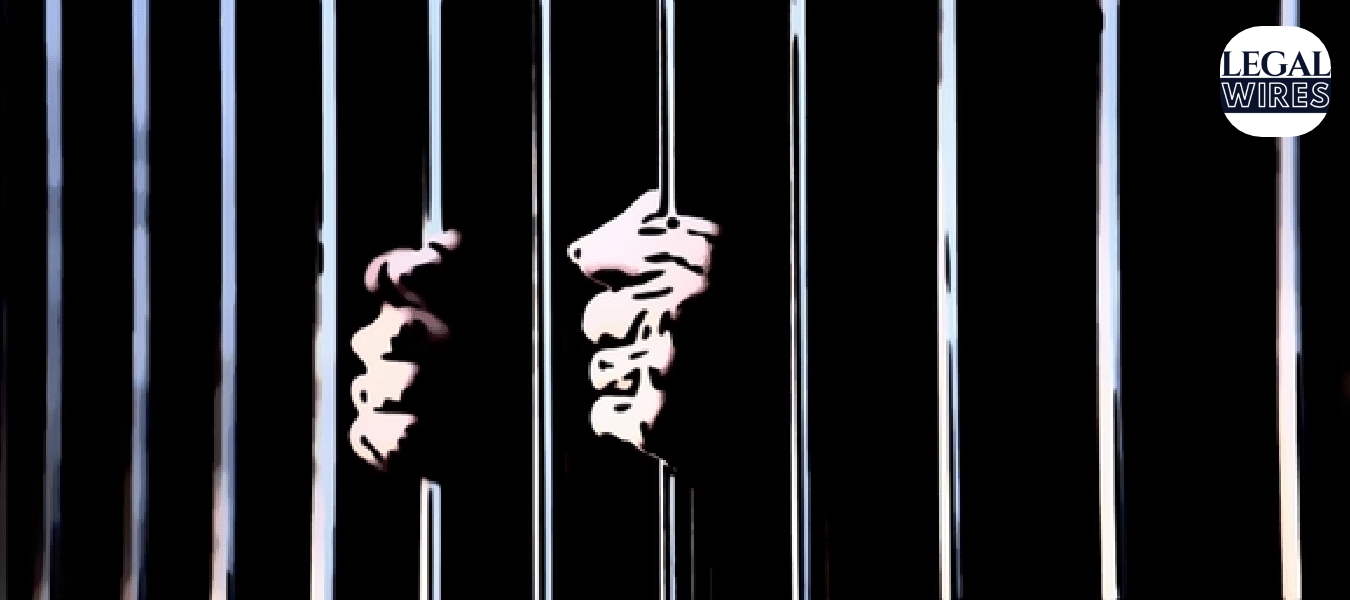In India Parole is granted to those convicts who had shown good behaviour in jail for a time fit as deemed by the Jailer. Indeed, there are instances where such veto of Jailer is witnessed to be corrupt or misused.

Recently, the Chief Justice of India S A Bodbe probed into the matter of Vikas Dubey encounter case by exclaiming the grant of Parole to a person against whom already 65 First Information Reports are being registered. The honorable Chief Justice of India also said that such kind of administrative justice is an institutional failure.
Parole is conditional freedom for a prison inmate. The prisoner (called a “parolee”) gets out from behind bars, but has to live up to a series of responsibilities. A parolee who doesn’t follow the rules risks going back into custody.[1]
On this admission by the Chief Justice of India, Solicitor General Mr. Tushar Mehta said that Vikas Dubey was on parole when he monitored his 80-90 criminals of his gang to attack a police raid in his village Bikru on 3rd of July. In the attack Vikas Dubey and his gang members had killed eight police persons and also mutilated their bodies. Mr. Mehta added “They did not get time as the rescue team arrived at the spot quickly. Otherwise they had made preparations to burn the bodies of deceased policemen using petrol”.
The encounter of Vikas Dubey is being inquired into by a three-member committee headed by a retired SC Judge.
The Chief Justice of India S K Bodbe on hearing the argument from the Solicitor General of India said “Solicitor General, we are appealed by the fact that such a person was released on parole. This is a failure of the system. As an institution, we failed to keep him behind bars. We want all the records relating to his release on parole. We want all the orders passed in this regard.”
Common Condition for Parole
Common parole conditions include:
- reporting regularly to a supervising officer
- living within a defined area and not leaving without permission
- promptly notifying a supervising officer of changes in employment status
- not possessing any guns or other weapons
- agreeing to law enforcement searches of one’s residence, possessions, and self, and
- not breaking the law.
The conditions for supervised release, which has essentially replaced parole in the federal system, tend to be similar to those for parole.
In India Parole is granted to those convicts who had shown good behaviour in jail for a time fit as deemed by the Jailer. Indeed, there are instances where such veto of Jailer is witnessed to be corrupt or misused.
Although the State Government has submitted its averment through an affidavit stating and justifying the encounter incident of Vikas Dubey. The State Government admits that the encounter was a challenge between the Special Task Force and Vikas Dubey. After the accident when the police vehicle was over-turned, Vikas unhurt managed to fetch a gun from one of the police-man and started firing and running from the spot against which STF was forced to counter-fire on Dubey ending up with an encounter.
If we enter deeper into the meaning of parole and its eligibility, we prima-facie find that there is no such ground for granting a habitual criminal parole. Furlough is for breaking the monotony of imprisonment and is granted as a good conduct remission. Furlough is a brief release from the prison, it is conditional and is given in case of a long-term imprisonment. The period of sentence spent on furlough by the prisoners need not be undergone by the prisoner as is done in parole. Following are the different types of Parole[2]:
a) Regular Parole
All prisoners eligible for furlough shall be eligible for regular parole for the following stated reasons:
- Delivery of child by wife (except high security risk prisoners)
- Serious illness of father/mother/spouse/ son/daughter
- In case of natural calamities such as flood, house collapse, earthquake, fire etc.
- To pursue the filing of special leave petition before supreme court against a judgment delivered by High Court convicting or upholding the conviction, as the case may be.
b) Emergency Parole or Custody parole
All convicted persons except foreigners and those serving death sentence may be eligible for emergency parole for 14 days for reasons like death of grandfather or grandmother/ father/mother/spouse/son/ daughter/ brother/sister and marriage of son/ daughter/ brother/sister, provided that no extension can be granted to emergency parole. Emergency parole is granted by Superintendent of police for the reasons of death of parental grandfather or grandmother/ father/ mother/spouse/son/ daughter/ brother/ sister and by concerned Dy. I.G. for the reason of marriage of son/daughter/brother/ sister and the authority approving emergency parole shall decide whether to grant parole under police escort or with a condition to report daily to the local police station depending upon the crime committed by the prisoner and his conduct during his stay. The expenses of police escort will be borne by the prisoner himself prior to his release on parole.
A prisoner shall not be released on regular or emergency parole for a period of one year after the expiry of his last emergency or regular parole except in case of death of his nearest relatives mentioned above.
In the instant matter, the continuous vex of the honorable apex court was the grant of parole that finally ended up with murder of eight policemen and encounter of a criminal. The concern of the Chief Justice of India must be taken note of, as such a comment signifies the failure of institution at every level in such cases.





